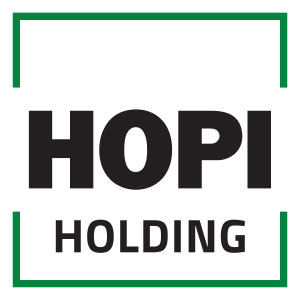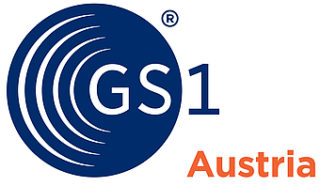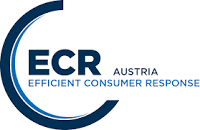Advanced logistics management at HOPI
Complex logistics management with EDI
To manage logistics services, HOPI exchanges about one million EDI messages with its partners every month. Thanks to its advanced IT infrastructure based on the SAP system, HOPI has full control over its clients’ logistics operations in their warehouses, including the management of deliveries to clients. For developing EDI and B2B communication with its business partners, the company relies on the services of EDITEL CZ.
Establishing EDI communication with partners is an ongoing project
HOPI introduced its first EDI communication as part of the logistics project Cross-Docking for Makro in 1998. Since then, the company has implemented a number of logistics projects in which cross-EDI and B2B communication with clients are key. And yet, these requirements differ in the way the data transfer is performed. HOPI addresses these differences by using IBM Sterling B2B Integrator and GENTRAN: servers interfaced with HOPI’s SAP system, enabling two-way communication via the eXite Business Integration platform or directly via various communication protocols.
All logistics processes can be managed via EDI
A number of clients have used HOPI to implement the management of all logistics operations via EDI communication based on EANCOM messages. Multinational companies often use this approach for the consistent management of their local logistics providers in different countries:
- Exchange of article master data and information about partners, including clients
- Management of merchandise received at the warehouse from individual production sites
- Control of the delivery of goods to clients
- Control of internal goods operations within the warehouse
- Information about the inventory
The communication ensures a complete two-way exchange of data, giving clients a full picture of the logistics service provider’s processes in their information system.
“We start the communication process by exchanging key data on our in-stock products using PRODAT or PRICAT messages. These allow us to identify individual items by GTIN codes and obtain key information on all levels of packaging, from consumer units to pallets. This information helps us with our logistical operations, including information on dimensions, weight, required shelf life from delivery, handling, and storage,” says Michal Durda, senior IT analyst at HOPI Holding.
Clients have an up-to-date overview of their inventory at HOPI
HOPI warehouses inform their clients about deliveries of goods via the DESADV message – either in standard or palletized form with an SSCC code, e. g., for companies including Makro, Albert, and Rohlík. The despatch advice also contains information about batches and the products’ expiration dates. After confirming receipt, client receive a receipt confirmation – the RECADV message – which allows them to update their inventory in HOPI.
Complex logistics management
By exchanging HANMOV and INVRPT messages, HOPI clients can manage all warehouse operations, including co-packing. These client notifications provide real-time information on the movement of goods, and the creation of the INVRPT status report enables a complete overview of the inventory. This EDI communication implementation allows clients to manage all logistics operations including less common ones such as returns.
EDI implementation is a plus for everybody
The introduction of EDI communication for more than 25 logistics projects at HOPI has made the management of logistics services easier than ever. With hundreds of messages exchanged daily, this fast and error-free electronic communication system is an essential element for anyone looking for an efficient solution. Clients can now track all logistics operations directly in their information systems. For large multinationals, this means consistent communication with their logistics suppliers in different countries.
About HOPI
HOPI, a family business founded in 1992 by František Piškanin, has grown to become one of the most important logistics companies in Central Europe. Today, it has operations in five countries, employs over 5,000 people and owns more than 1,000 vehicles, taking care of complex logistics processes for major clients such as Makro, Metro, Albert, Tesco, Billa, and suppliers including Nestlé, Procter & Gamble, Unilever, and Mondelez, among others. These companies use EDI communication with HOPI to control logistics processes based on GS1 EANCOM or GS1 XML messages.
Symbolic image copyright HOPI
Logo copyright HOPI






